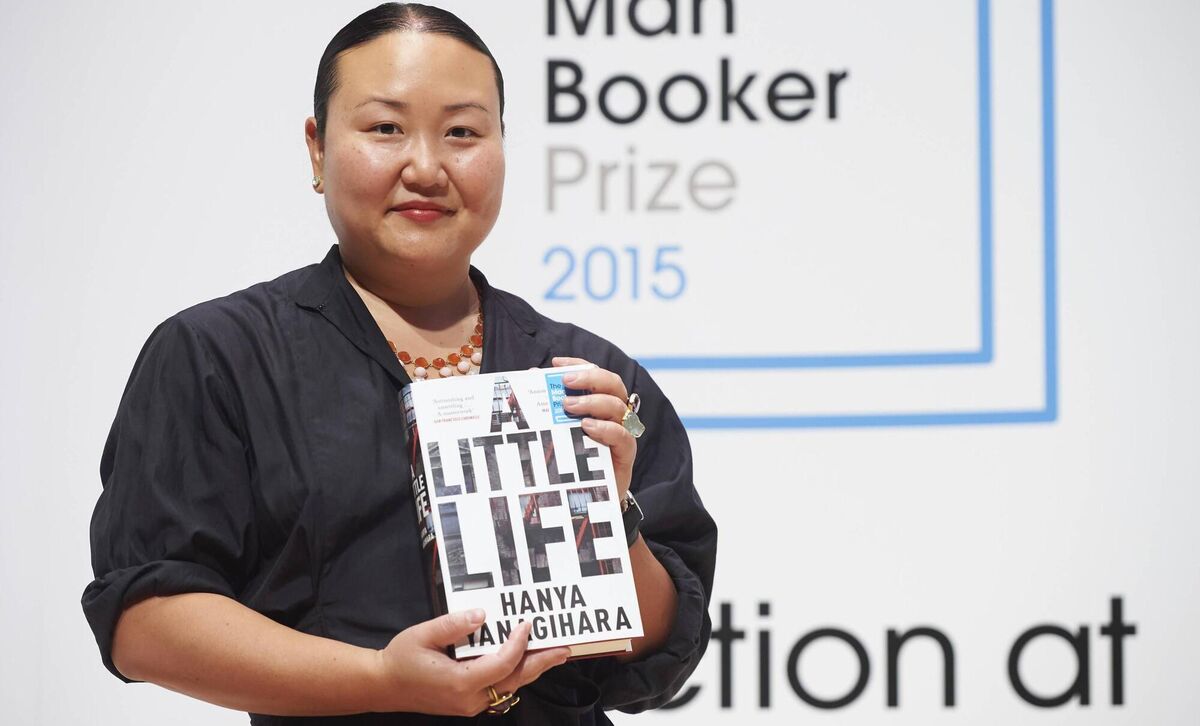Terry Prone: Reading between the lines reveals the potential of a transition year student

Most people in a workplace don't pay much attention to transition year student intern. But, without even trying, they spot a good listener, a good implementer, a good initiator. Stock picture
The office had a touch of Pompeii about it just a few weeks ago. Open a cupboard door and you found a line of clear plastic holders, neatly filled with a week’s newspapers dating to just before Toilet Roll Day which, you will remember, marked the start of the pandemic.
Under some desks, ballerina flats were stowed in expectation of the return of their high-heeled owners. On another desk, a tie, yanked off during the plans to work from home but folded neatly, all of two years ago. Its owner has returned, but whether they will ever wear the tie again is moot. Hanging on the back of a couple of doors were jackets and tops nobody claimed, even when photographs of them were distributed.
Within a week, after a brief outbreak of pandemic nostalgia that raised the possibility of saving the old newspapers, their place had been taken without announcement by two dozen small flat boxes of help-yourself antigen tests.
The tests heralded a new, generalised transition year where the virus may not trigger quite so much terror but nonetheless cues each of us into behaviours learned so expertly as to hang questions over the famous belief that it takes 10,000 reiterations of an action to turn it into a reflexive skill.

Most of us got to that point with antigen tests after three goes, although it must be said that not everyone, even among those forced to wear them over the past two years, is that instinctively expert with the face mask.
But we have used them so much that, hundreds of years from now, excavation of any municipal dump will reveal them in a stripe among the rest of the garbage, moving, truck delivery by truck delivery, from first and rare to frequent to constant and then tapering off, accompanied in every dump by a matching stripe of antigen tests, their onset trailing the arrival of disintegrating masks just a little.
The electronic record will be less obvious.
Zoom may have been the electronic wonder of the pandemic but it is already subsumed (subzoomed?) into that mental box where we toss the taken for granted on its way to replacement by some other app or platform.
Now we’re well into transition year, living for the day when “tell us about your holidays” replaces “how did you manage during the pandemic?”
One of the ways you know you’re headed for normal, even if it’s a different version of the workplace routine, is when someone announces that a real transition year student will be around the following week.
The presence of a TY teenager follows an unpublicised but impregnable rule of collective judgement I believe to be inadequately studied.
It’s a bit like the wisdom of crowds, writ small. Three days in, the jury — unasked, unselected, unbridled — comes to verdict and sentence, the jury being permanent employees of the company hosting the TY teenager. It works this way.
• Day one, the student arrives and, because the word has gone out, wherever a staff member encounters the newcomer, they know who they are and what they’re there for. So the newbie gets a warm welcome from each person they meet and a question about themselves or a query about how they’re doing so far.
Non-committal civility rules on all sides, with the unspoken hope, on the part of the staff member, that someone else is going to find something useful for this young person to do. This is a tempered form of goodwill, not unlike the Garfield cartoon where the cat cordially greets a visitor to his owner’s home thus: “Have a nice day. Someplace else.”
In 2022, the majority of people in the host company who are not directly involved with the TY intern wonder aloud how strange it must be to be in a company where half the staff are working from home. Other than that passing thought though, host companies don’t pay that much attention to the transient. And yet the three-day rule applies.
• Exactly three days after their arrival, the teenager gets the equivalent of an annual review, only shorter and not written down, but just as — if not more — accurate as any carefully considered annual review. That’s because host company staff, without even intending to, pick up information about the newbie.
We may not need to, but we register a good listener, a good implementer of instructions, a good initiator of action.
We spot the one who’s interested in the job and the one who’s more interested in their social media feed. We note the ones who ask questions and the ones who sit, incurious as monkfish, waiting to be told what to do next.
We register the subliminal sighs and eye-rolling, the clock-watching, and the decision the young person has made that their life will be immeasurably more rewarding if they never have to set foot in this building or meet these boring staff ever again.
The bottom line is that while the TY kid may be with a company for a week or a month, the company has decided they’re brilliant and have a great future (20%), adequate (60%), or total dud (20%).
Day one, nobody knows. Day three, everybody knows.
Day one of Caoimhe was two weeks ago. 15. From somewhere near Bettystown. That stopped the questioners.
“Long journey each morning to get here,” a staff member says.
Caoimhe smiles and shakes her head. For the week, she’s staying with her aunt, a short Luas journey from our office. Good thinking, Batman, we think, though it’s unclear whether credit goes to Caoimhe or Caoimhe’s parents. Or the aunt.
Caoimhe does whatever she’s asked to do. Which means she gets asked to do more complicated stuff, which she does smilingly and accurately. She can write English, spell, and punctuate. She’s shown how to print documents. When she’s invited to comment on a speech recorded in our meeting room, she reveals that she read the printed version and spotted edits, made on the fly, by the reader — who hadn’t noticed the edits but realised they improved things.

By day three, if I had any hand in recruitment to the company (which, fortunately, I don’t), I’d have said to Caoimhe: “You know what? Skip the next two years of secondary school and university and just go to work here, right now.”
The final two days cemented that. All TY students claim to be readers. “What book are you reading at the moment?” is the killer question that exposes the non-readers, who waffle back to what they read in third class.
Caoimhe, asked that question, says she’s just finished one of the saddest books ever. by Hanya Yanagihara. 720 pages of love, loss, horrific child abuse, and its lifelong legacy, shortlisted for the Man Booker Prize 2015.
Bless transition year for introducing us to her. Here’s to the possibility she comes back to us sometime.






